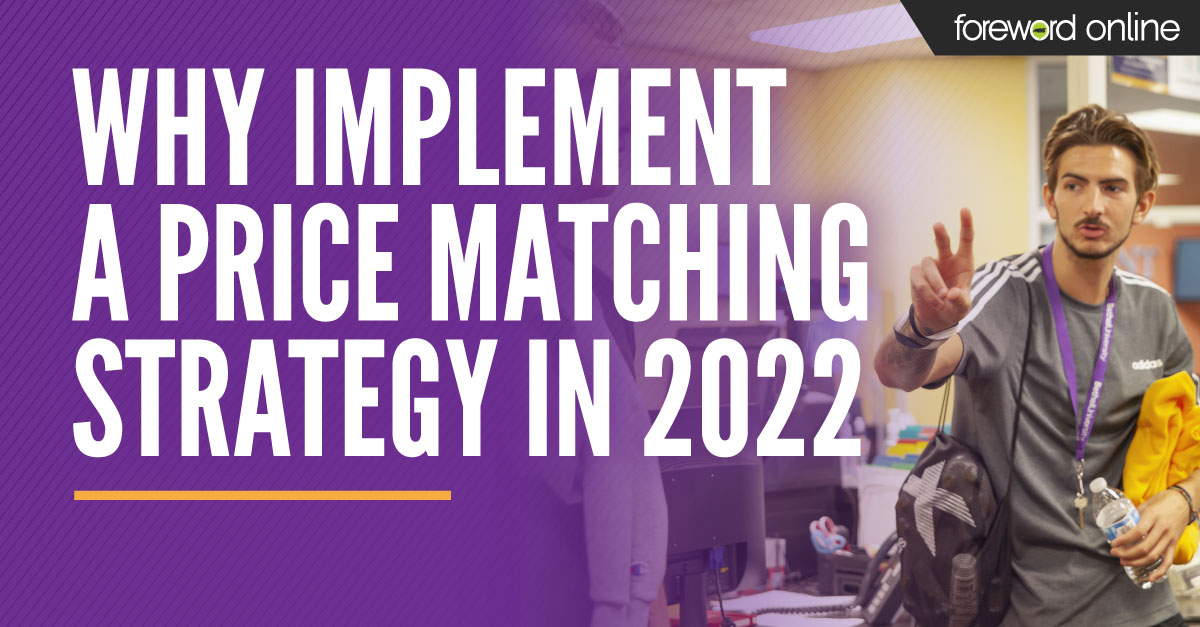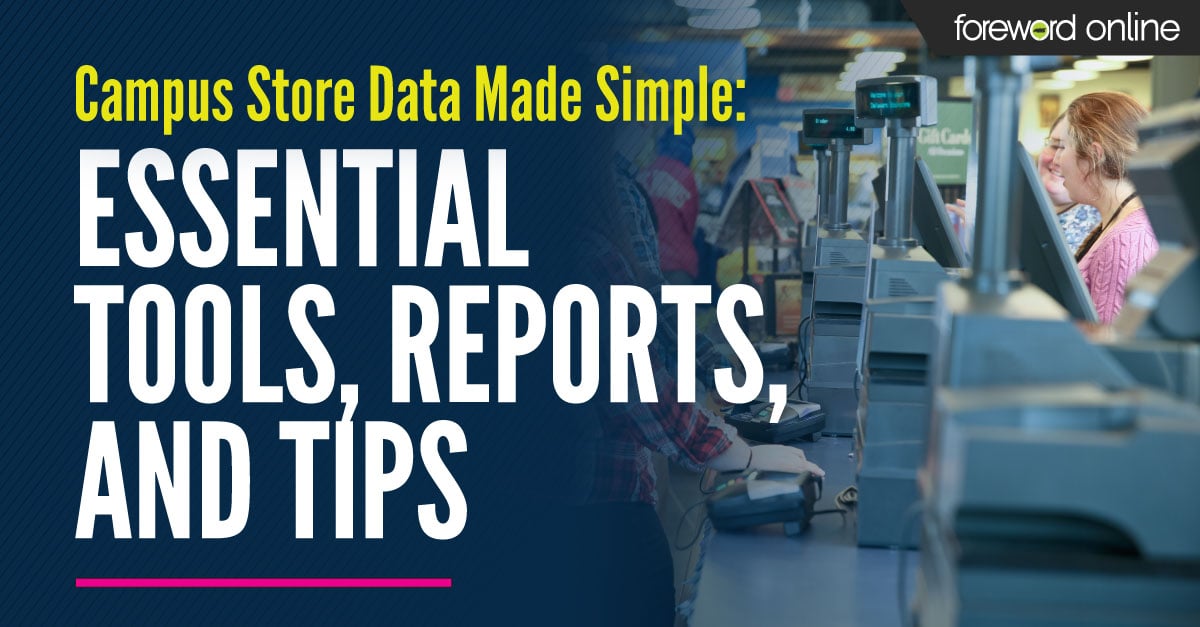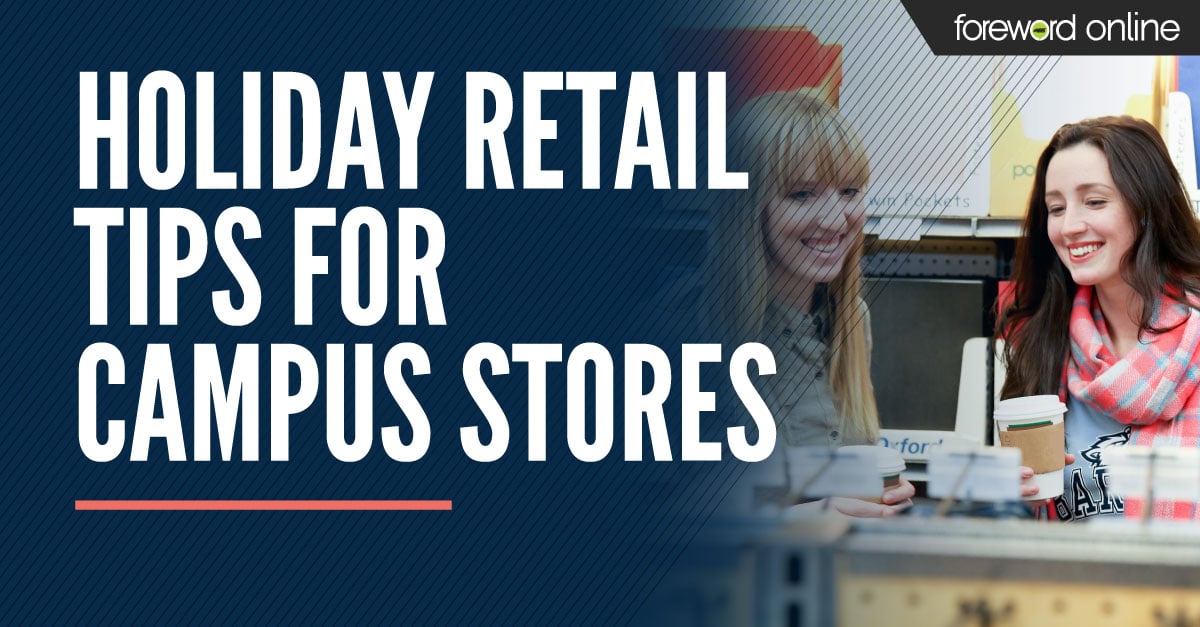The experience shoppers have with your store (in person or online) makes a huge difference. However, what goes into creating a shopper experience that brings customers back to your store? Quality products, excellent service and good prices are probably the top three for most shoppers. Today we are going to talk about how retailers ensure customers that they are getting a fair price from the store through price matching.
 Price matching is becoming commonplace in the retail industry. While every retailer sets the boundaries of how their price matching program will work, they all offer customers that additional peace of mind that they aren’t paying more in your store than they would elsewhere. For example, some stores offer price matching all year long if the shopper can demonstrate a different price on the exact same product at a competing retailer. Some may accept online retailers and others may choose not to.
Price matching is becoming commonplace in the retail industry. While every retailer sets the boundaries of how their price matching program will work, they all offer customers that additional peace of mind that they aren’t paying more in your store than they would elsewhere. For example, some stores offer price matching all year long if the shopper can demonstrate a different price on the exact same product at a competing retailer. Some may accept online retailers and others may choose not to.
Another approach taken this year by Target is to ensure customers can get the lowest price offered by the store during the holiday shopping window. So, if a customer buys a product from Target and later Target lowers the price during the set window of time, customers can request a price adjustment.
Price matching as retail strategy is often used in college stores as well. The Towson Store offers price-matching and increases students trust that they will get the best price from the bookstore.
“I’ve spoken to quite a few schools about the ramifications of it. For us, it’s a really great marketing tool. I can say, ‘Why would you go anywhere else?’” Towson University Store Director Stacy Elofir said. “It’s a really cool thing to say to parents at orientation. I’ve got my [price matching] posters everywhere and all kinds of jazz. Out of the millions of dollars in book sales that we do in the fall, to date, I’ve only had 32 price-match requests submitted. 30 were accepted. Two were declined — one you’ll be happy to know, because we were actually cheaper. While our margins were cut, we didn’t lose any money. And we gained customers.”
So, what considerations does your store need to make when creating a price matching policy?
- What retailers will the store match?
Will you only match other brick-and-mortar retailers or will you include online retailers as well? - What is the review process?
How can customers request a price match and who in the store will have approval over that request? - How will price matching work in your store?
Will this be a feature available to in-store and online customers? How will you inform customers of this option? - What does the store need to do to create the price match?
Will you need to create a promotional code to track your store’s price matching efforts?
Does your store already offer a price matching program? We would love to hear about it in the comments.





